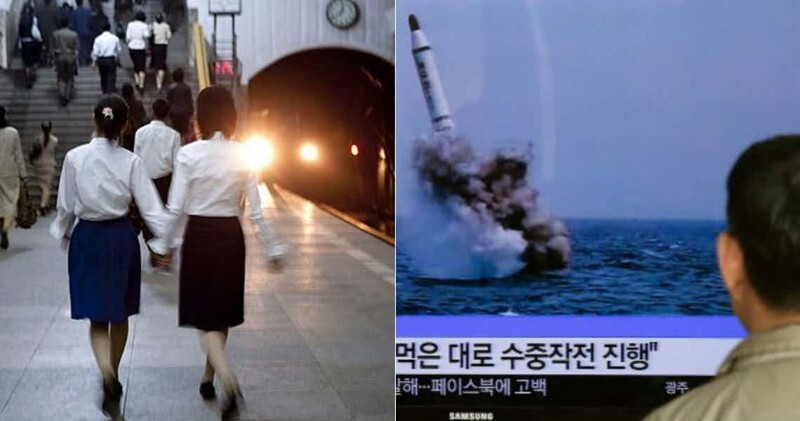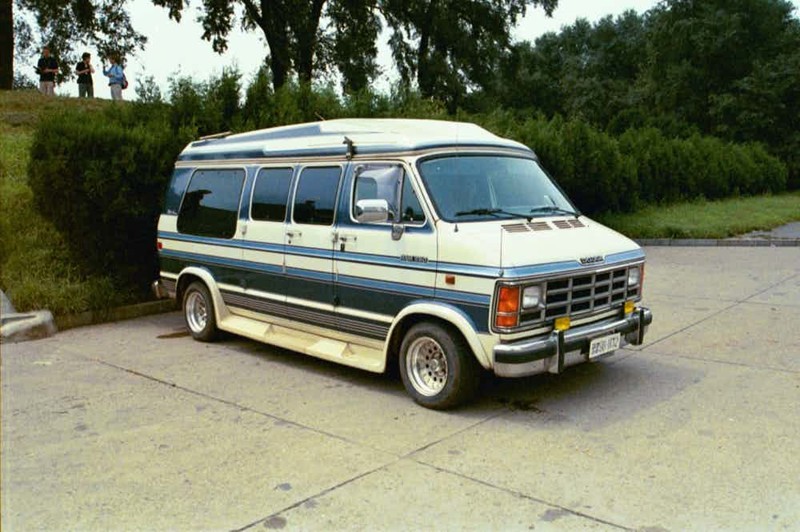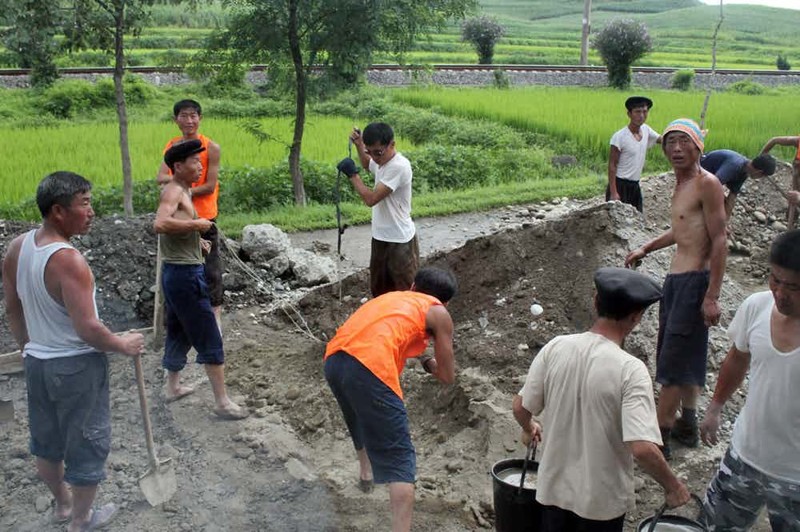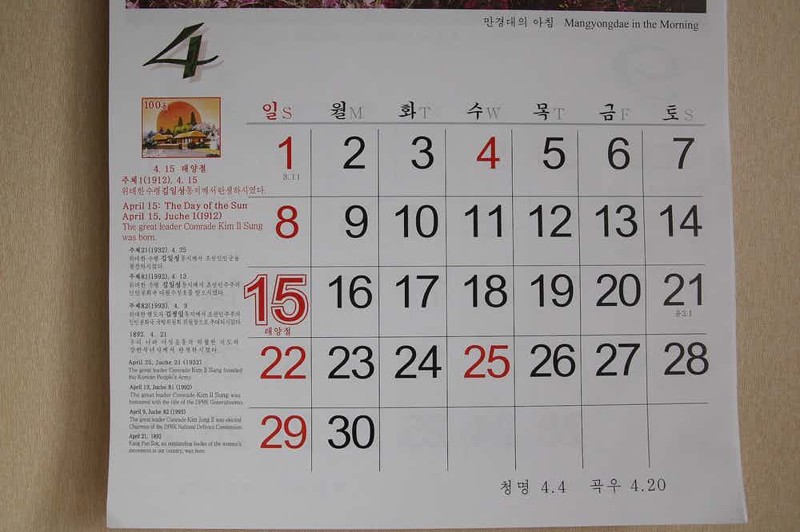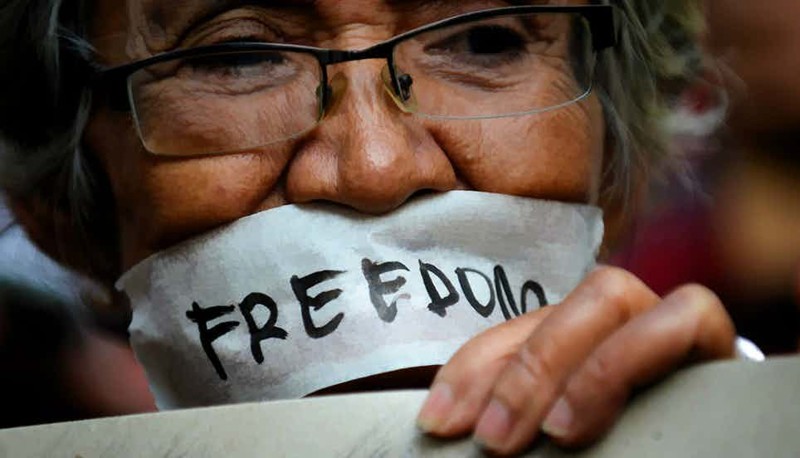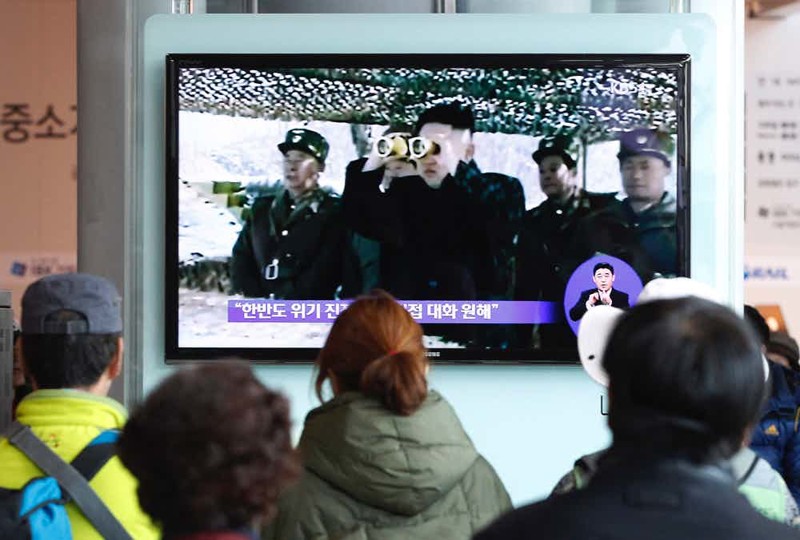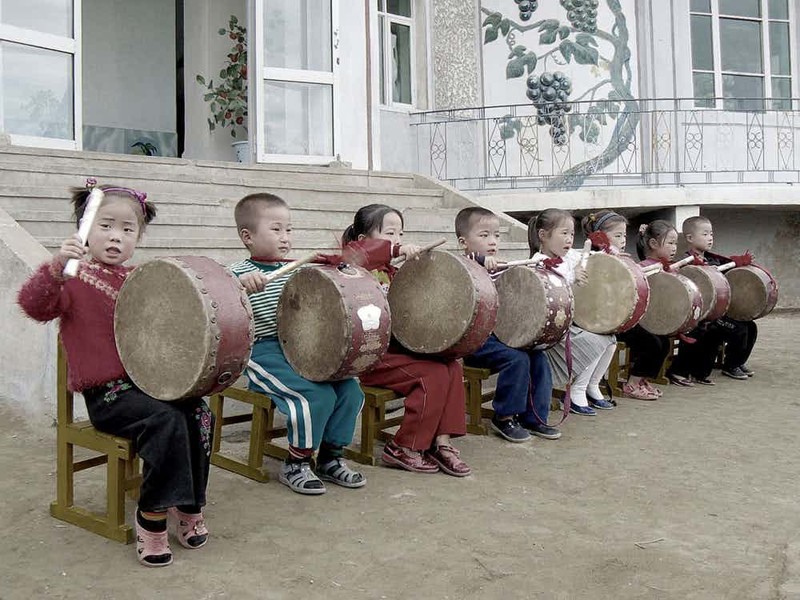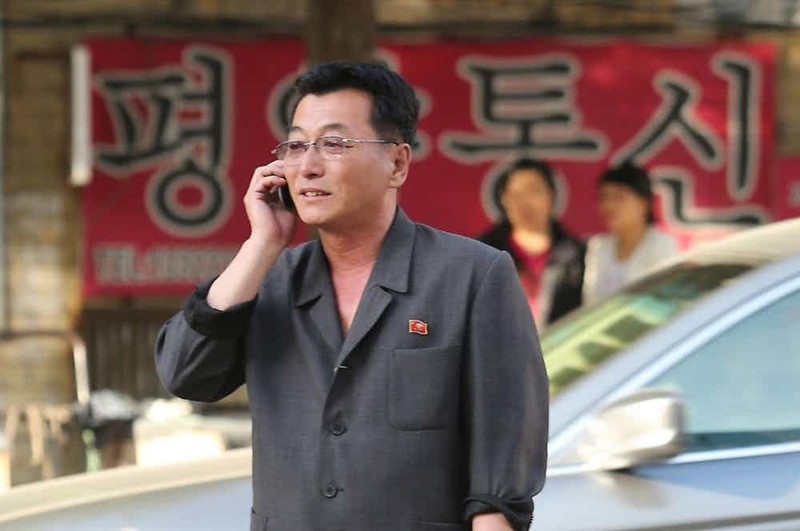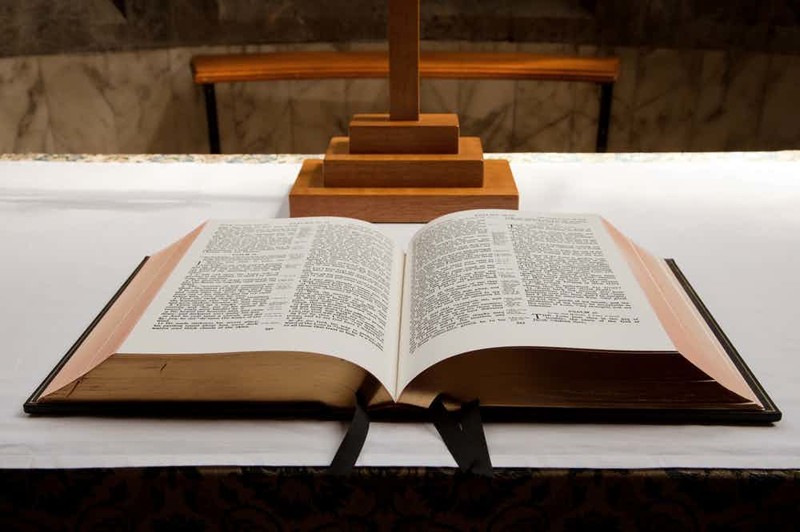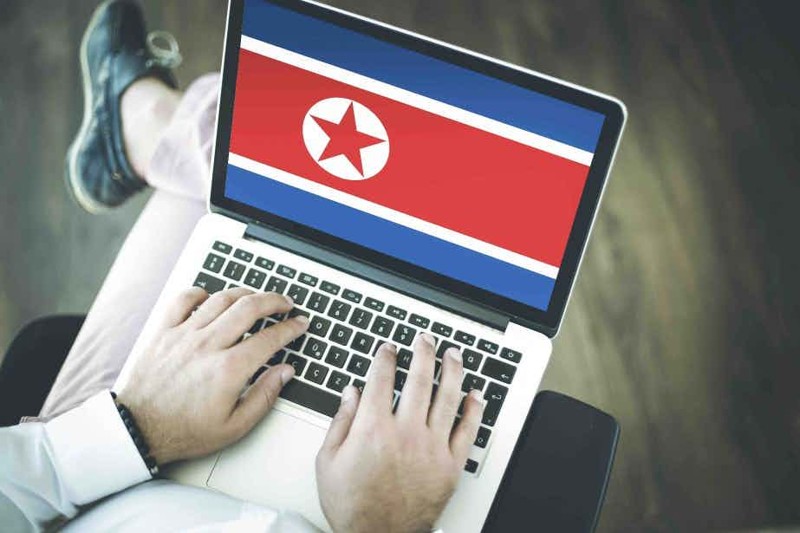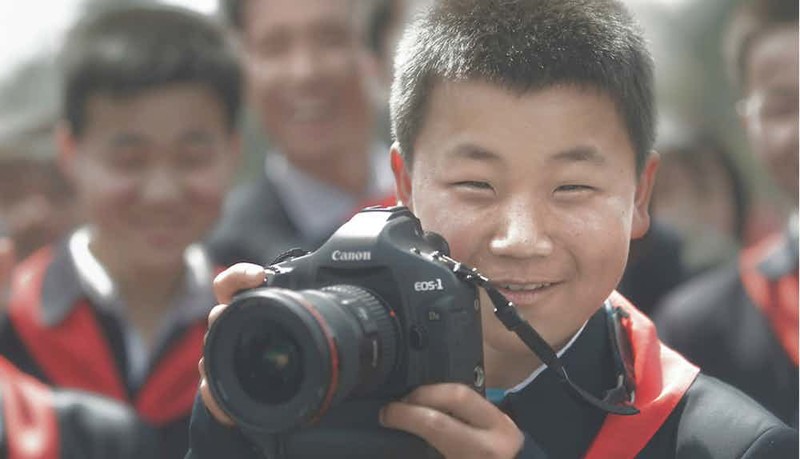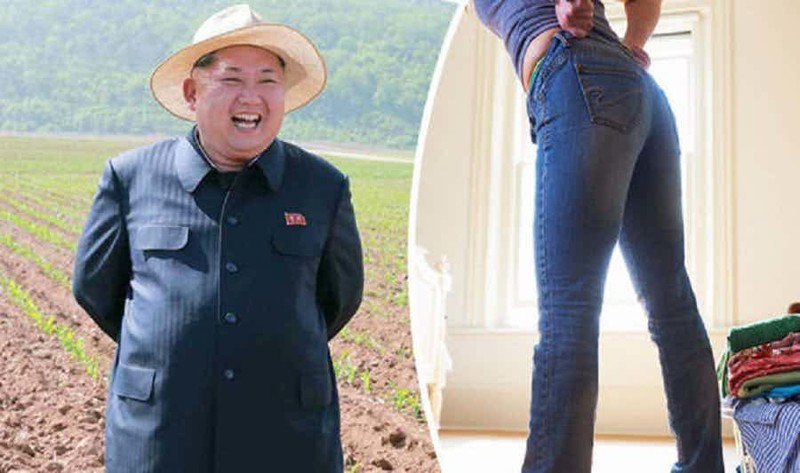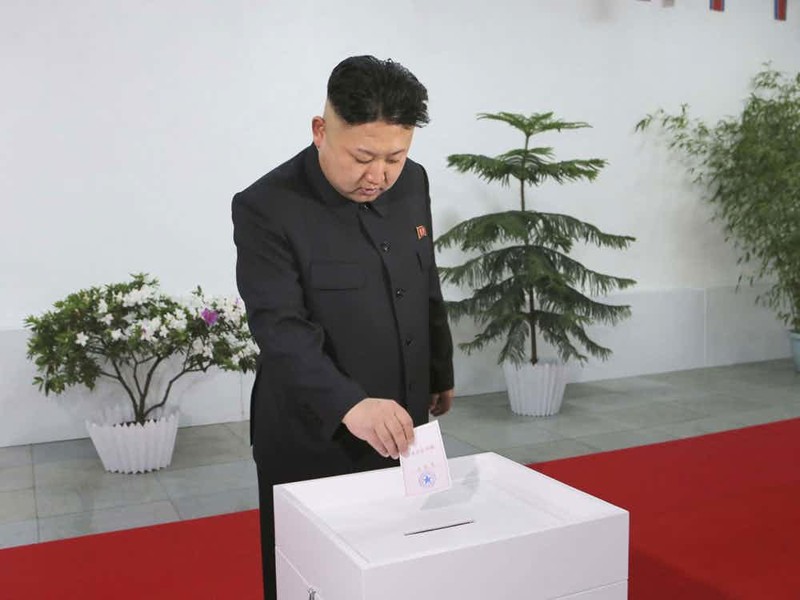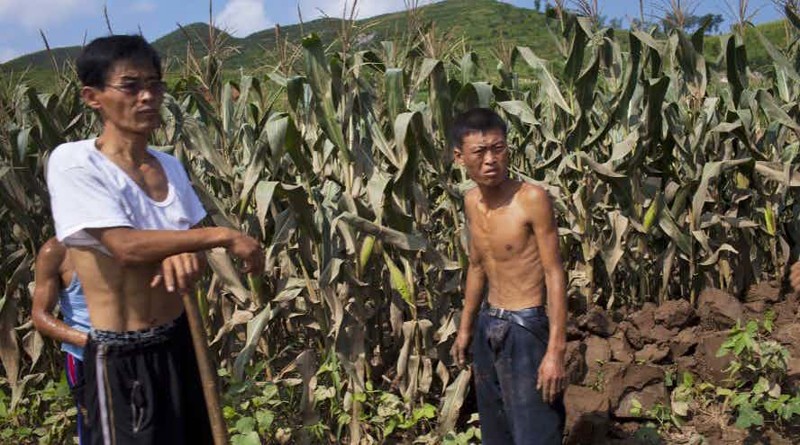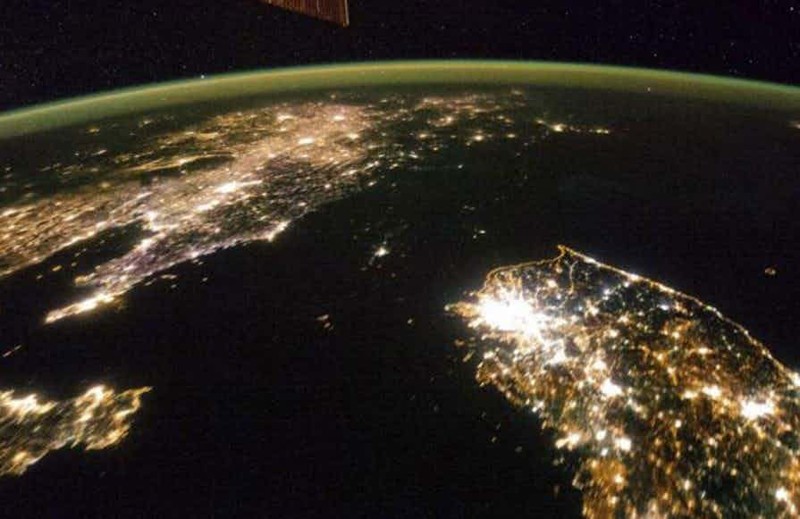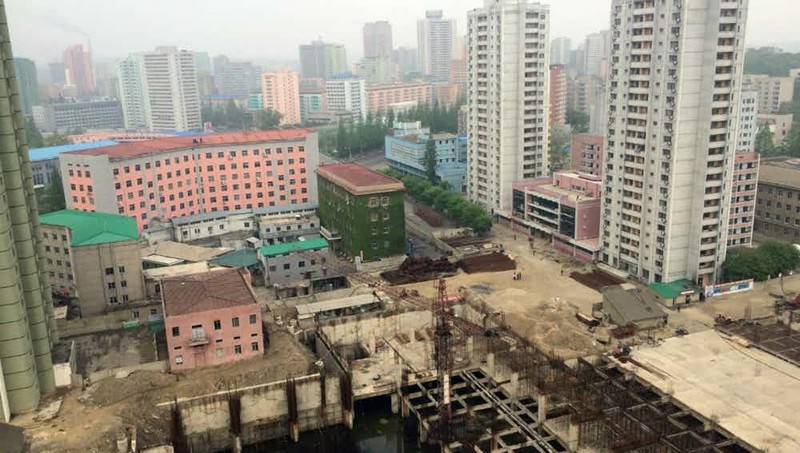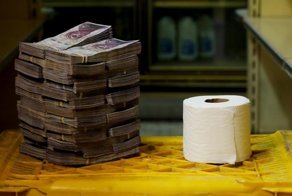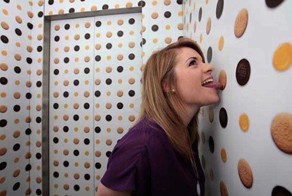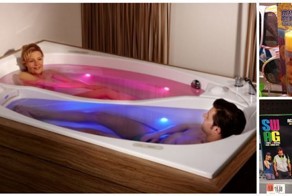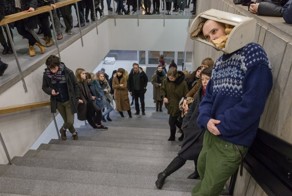150
16
As you would expect, North Korea is quite a bit different than the western world. Many of the things we take for granted are banned in North Korea. It’s hard to imagine walking down a street with no cars, losing electricity at any time of the day or getting sent to a labor camp for speaking your mind, but these are realities the North Korean people are faced with. Below are fifteen items we see or experience every day that are virtually nonexistent in NK.
15. Vehicles
If you ever find yourself visiting the Hermit Kingdom, one of the most immediately apparent differences between them and the rest of the world is their transportation. Virtually, no one in the country has a car or knows how to drive. There are some exceptions, including public transit officials and some government drivers, but the country is largely resigned to public transit and bicycles.
Walking the streets of North Korea, you may see a government car or two pass by, but the streets are nearly always empty. There are a lot of people on bikes and even more walking, but driving is not usually an option. Those who are lucky enough to obtain a driving certificate are usually never allowed to drive by themselves unless they are awarded a special permit, further restricting the amount of cars on the road.
Walking the streets of North Korea, you may see a government car or two pass by, but the streets are nearly always empty. There are a lot of people on bikes and even more walking, but driving is not usually an option. Those who are lucky enough to obtain a driving certificate are usually never allowed to drive by themselves unless they are awarded a special permit, further restricting the amount of cars on the road.
14. A Day Off
America is often thought of as a country of hard workers. We traditionally work longer hours and take less vacation time than our European counterparts, which is often characterized as a bad thing. There are multiple studies that show vacation time, and time off actually helps productivity in the long run. However, it’s unlikely that we’ll ever see these changes take effect.
North Koreans, though, put us to shame in terms of work ethic. Workers in north Korea are forced to work six day workweeks, with a voluntary(ish) workday on Sunday. In 2016, to help generate more national income, workers were forced to work 70 days nonstop. If they wanted to take a day off, they had to buy it with the money they had earned in previous days. That’s a hell of a costly sick day.
North Koreans, though, put us to shame in terms of work ethic. Workers in north Korea are forced to work six day workweeks, with a voluntary(ish) workday on Sunday. In 2016, to help generate more national income, workers were forced to work 70 days nonstop. If they wanted to take a day off, they had to buy it with the money they had earned in previous days. That’s a hell of a costly sick day.
13. Accurate Calendars
The North Korean calendar looked the same as our own until 1997, when the Juche calendar was introduced. This marked the years of the North Korean Leader, Kim Il-sung, with his birth marking the first year of the Juche calendar. This was in 1912, but all other years before 1912 are given in the Christian calendar nomenclature. 1912 is essentially year one, making it year 106 according to the Juche calendar.
All official documents are written with the Juche date, but foreign travelers may find the Christian calendar’s date in parentheses next to it. They try to accommodate foreigners when they can, but much of the public is resigned to the Juche calendar at this point. A lot of North Korea may make you feel like you’ve gone back in time, and the date is no exception.
All official documents are written with the Juche date, but foreign travelers may find the Christian calendar’s date in parentheses next to it. They try to accommodate foreigners when they can, but much of the public is resigned to the Juche calendar at this point. A lot of North Korea may make you feel like you’ve gone back in time, and the date is no exception.
12. Freedom Of Speech
As you probably expect, there are not many people voicing their true opinion on the streets of North Korea. Much of the information we have about the country comes from those who have escaped or western journalists who have entered the country under false pretenses.
Everyone is officially supporting whichever leader is in control, and with good reason. Anyone who speaks out against the ruling class is dealt with in harsh terms; usually killed or sentenced to manual labor for multiple lifetimes. North Korea may be the biggest suppressor of free speech in the world, due to its ability to enforce its harsh penalties and root out anyone who even looks like they have an opposing view. Even behind closed doors, people are careful about what they say, as no one ever knows who will rat them out if they have harsh words for the leader.
Everyone is officially supporting whichever leader is in control, and with good reason. Anyone who speaks out against the ruling class is dealt with in harsh terms; usually killed or sentenced to manual labor for multiple lifetimes. North Korea may be the biggest suppressor of free speech in the world, due to its ability to enforce its harsh penalties and root out anyone who even looks like they have an opposing view. Even behind closed doors, people are careful about what they say, as no one ever knows who will rat them out if they have harsh words for the leader.
11. Outside TV
There are some televisions in North Korea, but you’d be a fool to think the government doesn’t give the green light on anything shown on TV. North Korean citizens have virtually no idea of what the outside world looks like and only think of them, as all of their information come from government sources.
There are only three major television channels in the country, with the fourth being a new addition dedicated to sports. North Koreans who watch television get spoon-fed all of the information that the government wants them to know, with the addition of a few false details to sweeten the story. It is currently illegal to watch anything from South Korea, and people have been imprisoned and executed for turning the dial too far towards South Korea.
There are only three major television channels in the country, with the fourth being a new addition dedicated to sports. North Koreans who watch television get spoon-fed all of the information that the government wants them to know, with the addition of a few false details to sweeten the story. It is currently illegal to watch anything from South Korea, and people have been imprisoned and executed for turning the dial too far towards South Korea.
10. Music
Music is the universal language, but it should come as no surprise that the government controls much of the music that is played in the country. If there was ever a country where music would be banned, it would be North Korea, but they didn’t go that far. Instead, the leaders have traditionally policed the content in the music, as well as ensured that no outside music make it into the country.
Music actually may be one of the very few sources of free(ish) expression in North Korea. There are parameters on what someone can play, but only if they stay in-line with the lyrics creative liberties can sometimes be taken in the music. There are pop stars in North Korea, but all of the music must be vetted before release. Don’t expect to hear any Drake or Justin Bieber playing in North Korea.
Music actually may be one of the very few sources of free(ish) expression in North Korea. There are parameters on what someone can play, but only if they stay in-line with the lyrics creative liberties can sometimes be taken in the music. There are pop stars in North Korea, but all of the music must be vetted before release. Don’t expect to hear any Drake or Justin Bieber playing in North Korea.
9. Long Distance Calls
North Korea is stuck in an information bubble and that does not stop at making international calls. It would be naive to think a person could just pick up a cell phone and call their buddy in Europe from North Korea, as the state runs all of the communication in and out of the country.
There are some open lines to China and Russia, but those are usually relegated for official business only. If you are trying to contact a family member who has fled the country, you do so at your own risk. Calls are monitored, and when someone is caught contacting an escaped former resident, they are usually thrown in work camps or outright killed.
The most common cases of people trying to dial out of north Korea come in these very instances, when a family member is trying to contact someone who has escaped. There is no sympathy for these individuals, as those who leave are considered enemies and anyone associated with them could be jailed.
There are some open lines to China and Russia, but those are usually relegated for official business only. If you are trying to contact a family member who has fled the country, you do so at your own risk. Calls are monitored, and when someone is caught contacting an escaped former resident, they are usually thrown in work camps or outright killed.
The most common cases of people trying to dial out of north Korea come in these very instances, when a family member is trying to contact someone who has escaped. There is no sympathy for these individuals, as those who leave are considered enemies and anyone associated with them could be jailed.
8. A Bible
The North Korean Constitution contains an amendment for freedom of religion, but that means next to nothing in practice. North Korea is a traditionally Buddhist country, though other religions are tolerated within some restrictions. There are some practicing Christians among the residents, although many of them are relegated to practicing in secret.
North Korea is among the worst countries in the world to be a Christian. Christianity is viewed as in direct opposition to the ruling power in North Korea. Christians and religions in general, place God as an entity above the North Korean state. The fact that Christianity is a largely Western religion doesn’t help matters either. If a practicing Christian is caught in North Korea, they are subject to some of the worst punishment the country dishes out.
North Korea is among the worst countries in the world to be a Christian. Christianity is viewed as in direct opposition to the ruling power in North Korea. Christians and religions in general, place God as an entity above the North Korean state. The fact that Christianity is a largely Western religion doesn’t help matters either. If a practicing Christian is caught in North Korea, they are subject to some of the worst punishment the country dishes out.
7. The Internet
The internet is technically available in North Korea, though very few of its citizens are computer literate. The country likes to put on the guise of computer literacy. But in practice, not many North Koreans can navigate their way around a computer.
This is partially due to the electricity shortage in the country, but also the fact that the government controls all of the available websites. Only about 30 websites are available in North Korea and they probably contain exactly what you’d expect. There are sites dedicated to their leader, Kim Jong-un, tourism sites, restaurant recommendations, and anything else that won’t ruffle any feathers. Almost everything on the North Korean internet has a hint of propaganda to it and the government clearly has its hand in all of it.
This is partially due to the electricity shortage in the country, but also the fact that the government controls all of the available websites. Only about 30 websites are available in North Korea and they probably contain exactly what you’d expect. There are sites dedicated to their leader, Kim Jong-un, tourism sites, restaurant recommendations, and anything else that won’t ruffle any feathers. Almost everything on the North Korean internet has a hint of propaganda to it and the government clearly has its hand in all of it.
6. Cameras
Cameras are allowed in North Korea, but if you’re taking pictures of anything that may look bad, then you should have your head on a swivel. Guided tours of North Korea are basically the only way foreigners get a firsthand glimpse at what North Korea is really like, though they only see what the government deems appropriate.
There are organized tours of North Korea, which intentionally show off the best that the country has to offer. You are allowed to photograph some of the impressive statues, landmarks, and monuments. But if you’re carrying around a camera, you are going to be under scrutiny. People are always watching for where those cameras are pointed. And if they catch someone taking pictures of something they shouldn’t, then there’s a guarantee that that camera will be confiscated and a good chance they’ll detain the person responsible.
North Koreans are very worried about the truth getting out to the rest of the world. They often view people taking pictures of unauthorized material as spies looking to harm the country.
There are organized tours of North Korea, which intentionally show off the best that the country has to offer. You are allowed to photograph some of the impressive statues, landmarks, and monuments. But if you’re carrying around a camera, you are going to be under scrutiny. People are always watching for where those cameras are pointed. And if they catch someone taking pictures of something they shouldn’t, then there’s a guarantee that that camera will be confiscated and a good chance they’ll detain the person responsible.
North Koreans are very worried about the truth getting out to the rest of the world. They often view people taking pictures of unauthorized material as spies looking to harm the country.
5. Western Clothing
About a year ago, North Korea tightened control on their citizens in the form of stricter regulations on what people were allowed to wear. For a while now, there have only been a handful of acceptable haircuts available in North Korea, and the government expanded this regulation to exclude other forms of western style.
Items such as jeans, a staple of western fashion, are outlawed in North Korea. Piercings were another form of fashion accessory that was banned in North Korea, though I don’t picture many North Koreans walking around with hoop earrings to begin with.
North Korea, not surprisingly, views the west as their direct enemy. They want their people to be as far away from western culture as possible. These bans were specifically targeted at those who live on the border with China. These residents have more access to the culture of the outside world and the North Korean regime wanted to put a stop to it.
Items such as jeans, a staple of western fashion, are outlawed in North Korea. Piercings were another form of fashion accessory that was banned in North Korea, though I don’t picture many North Koreans walking around with hoop earrings to begin with.
North Korea, not surprisingly, views the west as their direct enemy. They want their people to be as far away from western culture as possible. These bans were specifically targeted at those who live on the border with China. These residents have more access to the culture of the outside world and the North Korean regime wanted to put a stop to it.
4. Elections
While there are official elections in North Korea, they are generally considered show elections rather than the real thing. Unlike western democratic elections, North Korea employs a mandatory election, where there is only one candidate on the ballot. Because it is mandatory, attendance is always exactly at 100% or almost.
Many defectors have claimed that the elections double as an unofficial census of the population, as anyone who doesn’t show up is investigated and eventually found. While there is only one candidate on the ballots, voters are technically allowed to cross out the selection and vote for whoever they want. Of course, those who go this route are singled out and need to go to a special booth. Many defectors have stated that this is far too risky and virtually, no one actually goes through with it.
Many defectors have claimed that the elections double as an unofficial census of the population, as anyone who doesn’t show up is investigated and eventually found. While there is only one candidate on the ballots, voters are technically allowed to cross out the selection and vote for whoever they want. Of course, those who go this route are singled out and need to go to a special booth. Many defectors have stated that this is far too risky and virtually, no one actually goes through with it.
3. Food
While there’s obviously food in North Korea, the famine is one of the most popularized issues facing the country. Of course, the North Korean leaders routinely say that their people have enough food to eat. However, the statistics aren’t on their side. Food production has been trending downward since the ’90s and there is widespread malnutrition in the country. While the exact numbers cannot be known, an estimated 2 million individuals lost their lives to starvation in the 1990’s. Not much has changed in the last decade, with hundreds of thousands more people starving to death after the death of Kim Jong-Il.
There are several reasons for the lack of food in North Korea. There were several natural causes in the 1990’s that spiraled the country into a famine. While North Korea tries its best to be independent, it was relying on multiple other countries, including the US for sources of food. While they requested the supply of food to be stopped, North Korea doesn’t appear to be at the point where it can be self-sufficient again.
There are several reasons for the lack of food in North Korea. There were several natural causes in the 1990’s that spiraled the country into a famine. While North Korea tries its best to be independent, it was relying on multiple other countries, including the US for sources of food. While they requested the supply of food to be stopped, North Korea doesn’t appear to be at the point where it can be self-sufficient again.
2. 24/7 Electricity
One of the most famous photographs associated with North Korea may be the shot shown above depicting a completely black North Korea in contrast to their brightly-lit neighbors to the south.
It’s not a given that an individual’s home will have electricity at all. But when they do, it is usually for only a few hours per day. Wealthy residents have electricity for a longer amount of time, but the majority of the population experiences sporadic and unreliable electricity.
As is the case with most problems in the country, the North Korean spin says that all developed countries will soon be in the same predicament, while at the same time claiming that their lack of constant electricity is not a bad thing for their citizens.
It’s not a given that an individual’s home will have electricity at all. But when they do, it is usually for only a few hours per day. Wealthy residents have electricity for a longer amount of time, but the majority of the population experiences sporadic and unreliable electricity.
As is the case with most problems in the country, the North Korean spin says that all developed countries will soon be in the same predicament, while at the same time claiming that their lack of constant electricity is not a bad thing for their citizens.
1. Home Owners
Housing in North Korea is extremely complicated and the intricacies of buying and selling properties can only be navigated by those who are familiar with the system. In North Korea, it is illegal to own a private property. This means that no one technically owns the house or apartment they are staying in. Oftentimes, people are assigned housing depending on their job and have no say regarding the matter.
That’s not to say that there is no housing market in the country. People who want to move are allowed to swap apartments with someone else in their district. Cash can even change hands in these instances. But since there is no ownership, these transactions usually take place off the books.
There is a class structure in North Korea, and much of this can be witnessed by where you live. Those in the higher apartments are generally seen as more wealthy and those on the bottom floors are usually the poorest.
That’s not to say that there is no housing market in the country. People who want to move are allowed to swap apartments with someone else in their district. Cash can even change hands in these instances. But since there is no ownership, these transactions usually take place off the books.
There is a class structure in North Korea, and much of this can be witnessed by where you live. Those in the higher apartments are generally seen as more wealthy and those on the bottom floors are usually the poorest.
Source:
Ссылки по теме:
- 18 Things You Probably Didn't Know Existed
- Here’s How Much Money You Need To Buy Different Everyday Items In Venezuela
- 24 WTF Images That Will Make You Feel Awkward
- The 22 Most Disappointing Things That Have Ever Happened
- 13 Things To Weird To Exist. Except That They Actually Do Exist


